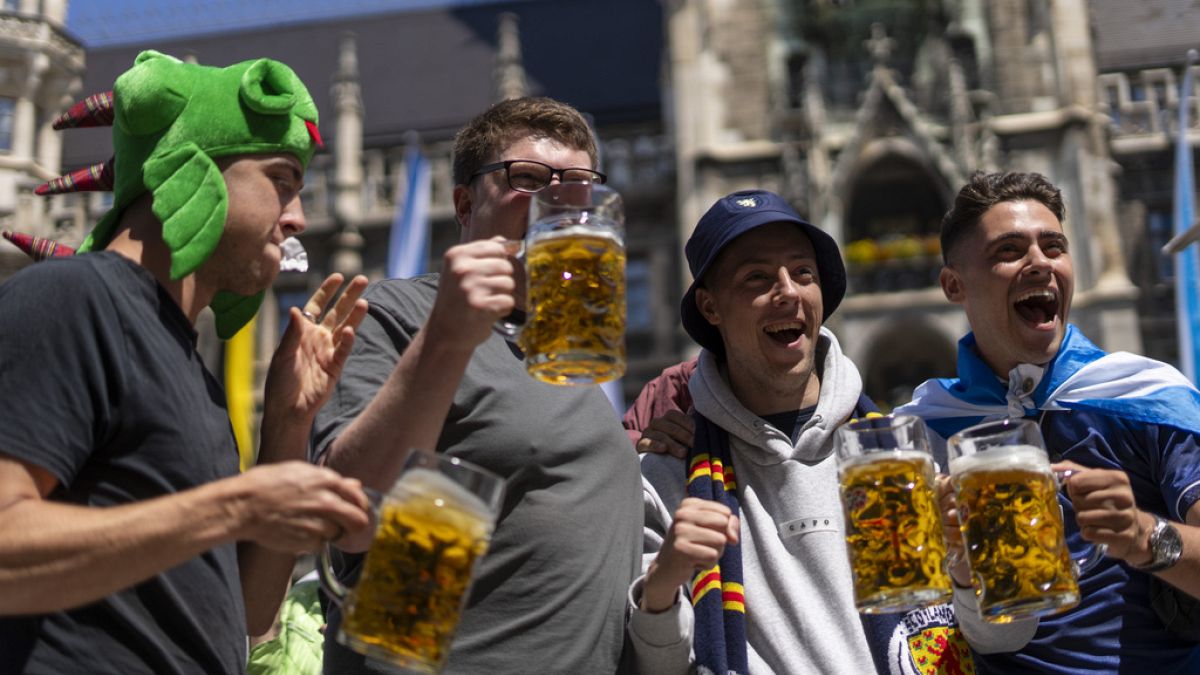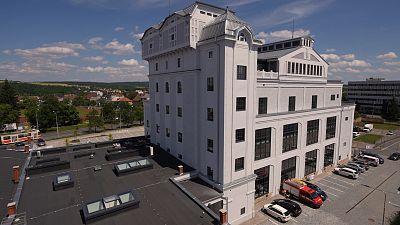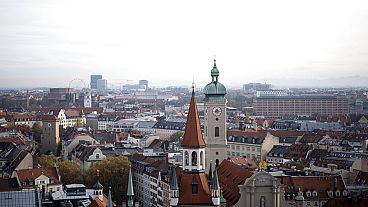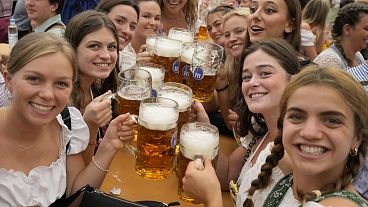Alcohol is slipping in popularity in Germany and new businesses are seeking to cash in.
The southern German city of Munich will see its first alcohol-free beer garden open on Thursday, according to local officials.
The business, named "Die Null" or "Zero" in English, is located by Munich Central Station and the Old Botanical Garden, on Karl-Stützel-Platz.
Partially responding to slowing demand for alcohol in Germany, Die Null will only serve non-alcoholic drinks.
Cultural events will also take centre stage at the venue, which will host bands, choirs, solo artists, and dancers.
The project, explained Munich's council, is intended to "revitalise" an area that has fallen prey to crime and drug abuse.
Officials are hoping that Die Null will attract different kinds of people to the area and allow the neighbourhood to become a thriving community hub.
To this end, numerous local business leaders have come together to support the project.
Mayor Dieter Reiter, the mayor of Munich, set up a task force earlier this year to reduce antisocial and illegal behaviour in the Old Botanical Garden.
According to the city's official website, vegetation has already been cut back to improve visibility and lighting has been improved.
Benches and table tennis tables have equally been dismantled, particularly because they were being used for drug trading or as places to sleep.
The move to serve soft drinks is also significant, given Germany's changing relationship with alcohol.
According to official figures, beer sales in the country dropped 4.2% in 2023.
This comes after a slight rise seen for the previous year, the result of the ending of Covid lockdowns, although the most recent figures confirm a longer trend. Last year's sales were 11.3% lower than in 2013 and 25.3% lower than in 1993.
The move away from alcohol can also be seen at a wider European level.
Data from the World Health Organisation shows that while Europe has the highest alcohol per capita consumption compared to other regions, these numbers are falling consistently. Since 2010, the total has fallen 9.8%.
Those choosing to cut back on drinking are often motivated by health reasons or the cost of alcohol.















